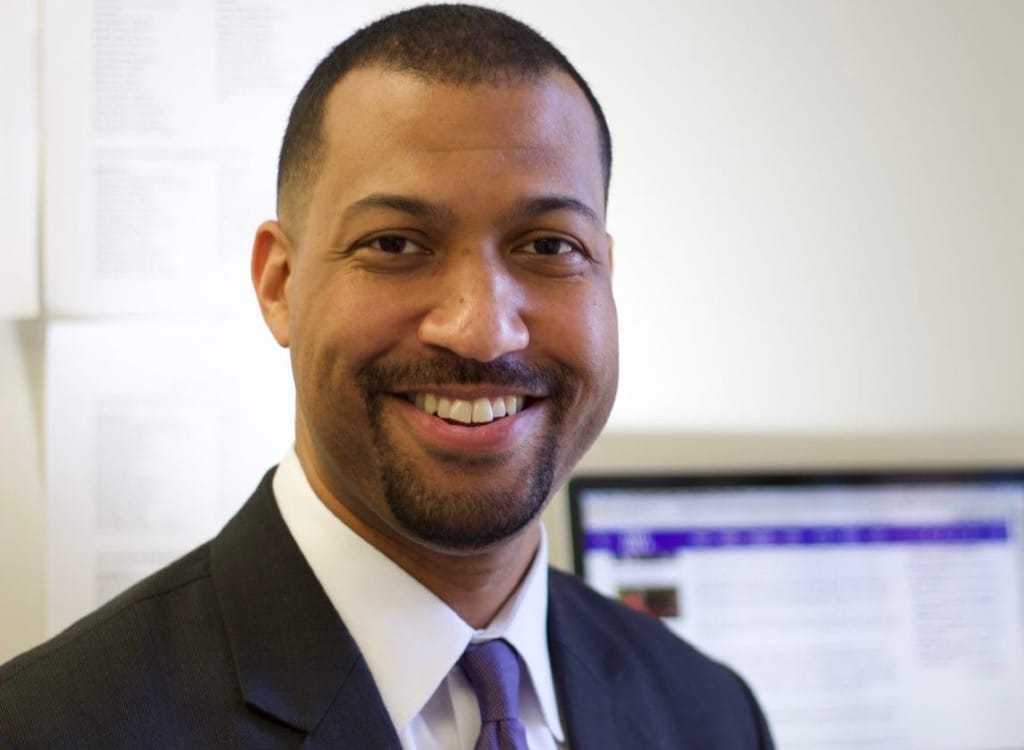Consumer Groups Upset About a Chairman Brendan Carr
Groups say Carr lacks authority to change Section 230, hasn't pushed back against Trump's threats on broadcast licenses.
Jake Neenan

WASHINGTON, Nov. 18, 2024 – Consumer advocacy groups that frequently appear before the Federal Communications Commission are not happy with President-elect Donald Trump’s pick to run the agency.
Brendan Carr, the agency’s senior Republican who’s now set to take the reins in January, wrote the Project 2025 chapter on the FCC. In addition to telecom issues more traditionally in the FCC’s wheelhouse, he outlined plans to reinterpret Section 230, the law that protects internet platforms from liability for their users’ posts, and otherwise target big tech companies, who he has said unfairly target conservative views.
“While there has been much discussion about whether or not the breadth of Section 230 is appropriate, what everyone agrees on is that the authority lies with Congress, not the FCC, to change its scope,” Public Knowledge CEO Chris Lewis, said in a statement. “It’s concerning that the incoming chair believes that the FCC has the authority to change the scope of the plain language of a statute, but not regulate broadband in the interest of consumers.”
That’s a reference to efforts by FCC Chairwoman Jessica Rosenworcel to regulate the broadband industry, like restoring net neutrality rules, banning discrimination in infrastructure deployments, and an inquiry into blocking data caps, all of which analysts expect to be rolled back under Carr.
Carr did not immediately respond to a request for comment.
Carr will have an evenly divided agency at first, assuming Rosenworcel keeps tradition and steps down around inauguration, so he would likely need to wait for a third GOP commissioner to be confirmed before enacting his agenda in earnest.
Lilian Coral, head of New America’s Open Technology Institute, said in a statement that “it would be a mistake for the commission to abandon progress on reestablishing meaningful industry oversight, addressing the homework gap, and closing the digital divide,” and “We fiercely disagree with many of Commissioner Carr’s positions and statements.”
Blair Levin, policy analyst at New Street Research and former FCC chief of staff, has written in investor notes that the Supreme Court, not keen on letting federal agencies claim sweeping authority, might not let Carr’s proposed FCC action on Section 230 stand.
“Most of [Carr’s] proposals require either Congress acting (we’re skeptical) or the courts granting powers to the FCC that we don’t see the law providing,” he wrote in a note ahead of the election.
Broadcast licenses
During this year’s presidential campaign, Trump has called for broadcast stations owned by major news networks to have their FCC-issued broadcast licenses revoked after fact-checks or critical coverage of him. The president-elect also did this in his first term, but then-FCC Chairman Ajit Pai rebuffed his demands on First Amendment grounds, Reuters reported at the time.
Asked in September whether he agreed with Trump that ABC stations should lose their licenses after he was fact-checked in the presidential debate, Carr told House Oversight Democrats “Every single decision, including in the licensing context, is one that I’ll make based on the facts, the record, in a way that’s consistent with the First Amendment.”
That wasn’t enough for Free Press, a progressive advocacy group.
“While styling himself as a free-speech champion, Carr refused to stand up when Trump threatened to take away the broadcast licenses of TV stations for daring to fact check him during the campaign,” Free Press Action co-CEO Craig Aaron said in a statement. “This alone should be disqualifying.”
Levin wrote in an investor note Monday that Trump might be looking to exert political pressure in exchange for more favorable coverage, rather than to actually revoke broadcast licenses. But, Levin wrote, Trump will probably want Carr to toe the line.
“We do think Trump expects the FCC to threaten to [revoke licenses] and to perhaps start proceedings towards that end. We expect Carr – who has enormous political skills – to seek to maneuver the situation so that threats are made but never carried out,” Levin wrote. “But we do see some potential tension in the situation.”
Carr did not mention broadcast licenses much in his Project 2025 chapter, but he initiated his own attack against NBC in the final days of the election, saying then-presidential candidate Vice President Kamala Harris’s appearance in a Saturday Night Live skit was evidence of bias, and a violation of FCC rules.
The network later gave Trump a 60-second ad talking to the camera, once after a NASCAR race, and once after Sunday night football.
He posted on X around 1 a.m. Monday, hours after being nominated: “Broadcast media have had the privilege of using a scarce and valuable public resource – our airwaves. In turn, they are required by law to operate in the public interest.
“When the transition is complete, the FCC will enforce this public interest obligation.”









Member discussion